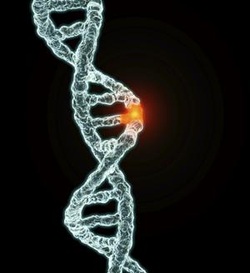Nature Vs. Nurture Debate
Acceptance
Click here to edit.
Even though scientific evidence is coming closer and closer to finding a gene for homosexuality, many still believe it is a choice- or "nurture." Is there a gay gene? Or is it a learned trait caused by the environment? Both sides of the debate are heavily argued because both have substantial reasoning to support their side.
Nature
Many scientists debate whether there is a gay gene or not. This discovery would be incredibly significant because proof of a gay gene would change the opinion of many, and hopefully would pave the way toward acceptance. If homosexuality is triggered by a gene, then you cannot discriminate. They cannot change their genetic makeup.
In the 1930's, Alfred Kinsey began researching homosexuality. This created the Kinsey Scale of Sexuality. Unfortunately, his surveys and research weren't much of a success, except for introducing the word " homosexuality" (Johnson). Many other scientists and psychologists, such as Karen Hooker in 1957, and D. F. Swaab in 1990. No real conclusions were drawn, and the consequences remained (Johnson).
In the 1930's, Alfred Kinsey began researching homosexuality. This created the Kinsey Scale of Sexuality. Unfortunately, his surveys and research weren't much of a success, except for introducing the word " homosexuality" (Johnson). Many other scientists and psychologists, such as Karen Hooker in 1957, and D. F. Swaab in 1990. No real conclusions were drawn, and the consequences remained (Johnson).
Nurture
There are many theories that the role parents play in raising their children and the stress of the environment a child is raised in influences their sexual preference. Blurring the lines between masculine and feminine stereotypes as a child has had significant importance in what orientation an adult is later in life. David Halperin and Jean Foucault both agree that homosexuality is a choice (Johnson).
No Answer?
No one theory or experiment has led to a definitive conclusion. The homosexual community has to live with discrimination due to the opposing views. The debate remains just that, a debate. When one theory seems to be a success, another one comes along and thrashes the common belief. The consequences are that the world lives divided between each side, neither one providing a concrete answer.

